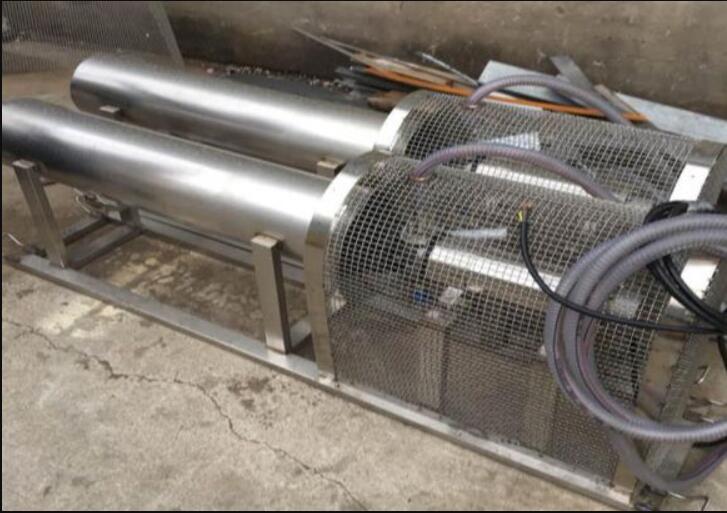Melting Deicing Device: An Innovative Solution for Winter Safety
Introduction
Winter brings enchanting snowy landscapes, but it also presents challenges when it comes to ensuring safety on roads, sidewalks, and other surfaces. Traditional deicing methods like salt and manual labor can be inefficient, time-consuming, and harmful to the environment. However, with advancements in technology, a revolutionary solution has emerged – the melting deicing device. In this article, we will delve into the concept and benefits of this innovative device that promises to transform winter maintenance practices.
The Science Behind Melting Deicing Devices
At the heart of the melting deicing device lies the principle of heat transfer. It consists of an insulated housing that houses heating elements, controls, and sensors. When activated, the device generates heat and transfers it to the surface, effectively melting the snow and ice.
The heating elements are carefully designed to distribute heat evenly, optimizing energy consumption. These elements can take the form of electric resistance heaters that use electrical current to produce heat or fluid-filled tubes that circulate heated liquid. The choice of heating element depends on specific requirements and environmental considerations.
Efficiency and Precision
The melting deicing device offers unparalleled efficiency in snow and ice removal. By applying heat directly to the surface, it rapidly melts the accumulated snow and ice, preventing the formation of hazardous ice patches. This feature is particularly crucial in high-traffic areas such as parking lots, driveways, sidewalks, and airports, where safety is paramount.
Moreover, these devices provide precise control over the heating process. Integrated sensors constantly monitor temperature and moisture levels, adjusting the heat output accordingly. This ensures optimal energy usage and prevents surface overheating or underheating. The control mechanism not only saves energy but also extends the lifespan of the device.
Environmental Friendliness
Traditional deicing methods often rely on chemicals such as salt, which can have detrimental effects on vegetation, water bodies, and infrastructure. In contrast, the melting deicing device offers an environmentally friendly alternative. By utilizing heat as the primary agent for snow and ice removal, it eliminates the need for harmful chemicals, significantly reducing the negative impact on the ecosystem.
The energy efficiency of these devices also plays a vital role in reducing greenhouse gas emissions. Modern melting deicing devices are designed to consume minimal energy, utilizing advanced insulation materials and efficient heating elements. This not only lowers the carbon footprint but also results in cost savings for the user.
Cost-Effectiveness and Longevity
While the initial investment in a melting deicing device may be higher than traditional methods, the long-term benefits far outweigh the upfront cost. These devices are built to be durable and long-lasting, ensuring years of reliable operation without the need for frequent replacements or repairs.
Furthermore, the energy-efficient design of these devices translates into lower operational costs. Compared to the expenses associated with purchasing and spreading deicing chemicals or hiring manual labor, the melting deicing device proves to be a cost-effective solution over time.
Conclusion
The melting deicing device represents a significant leap forward in winter maintenance technology. By harnessing the power of heat transfer, it provides an efficient, precise, and environmentally friendly solution for snow and ice removal. With its ability to melt snow rapidly and control the heating process, this device has the potential to revolutionize winter maintenance practices across various settings.
Not only does the IWHR melting deicing device contribute to safer surfaces, but it also reduces the negative impact on the environment by eliminating the need for harmful chemicals. Moreover, its energy efficiency and cost-effectiveness make it an attractive long-term solution.
As technology continues to advance, we can expect further refinements and improvements in melting deicing devices, making our winters safer and more manageable than ever before.

